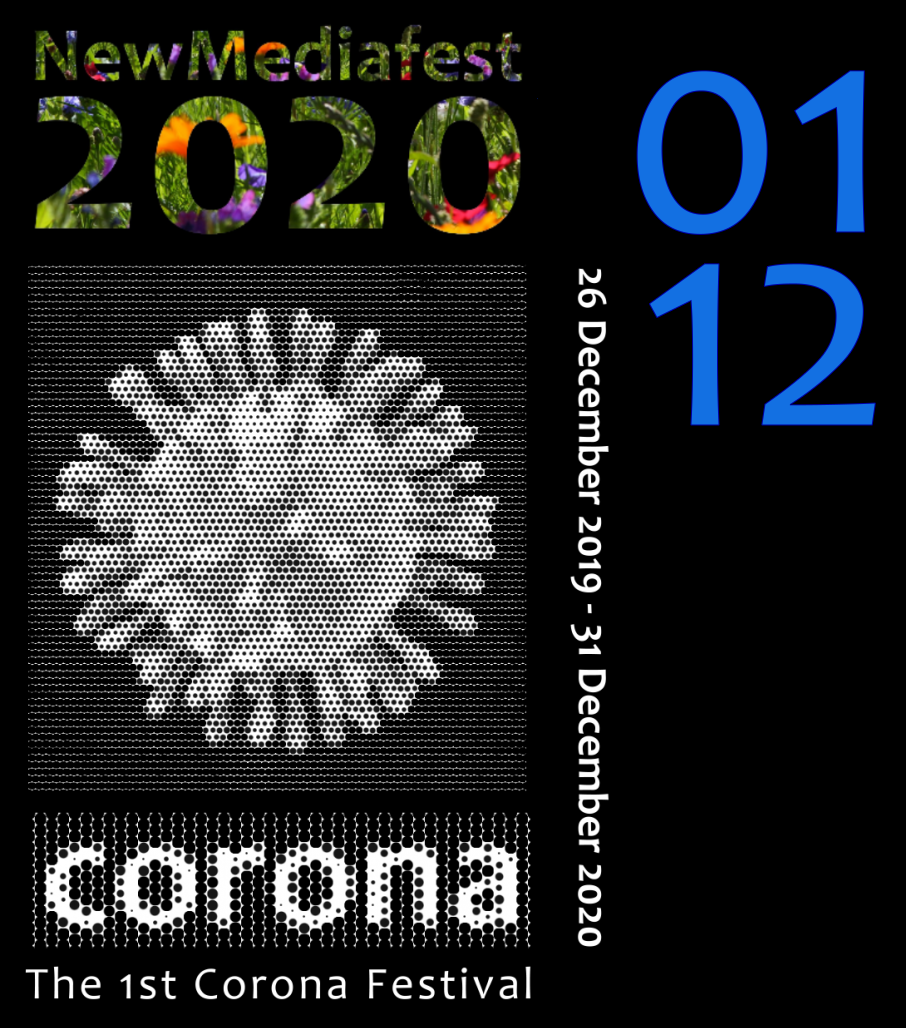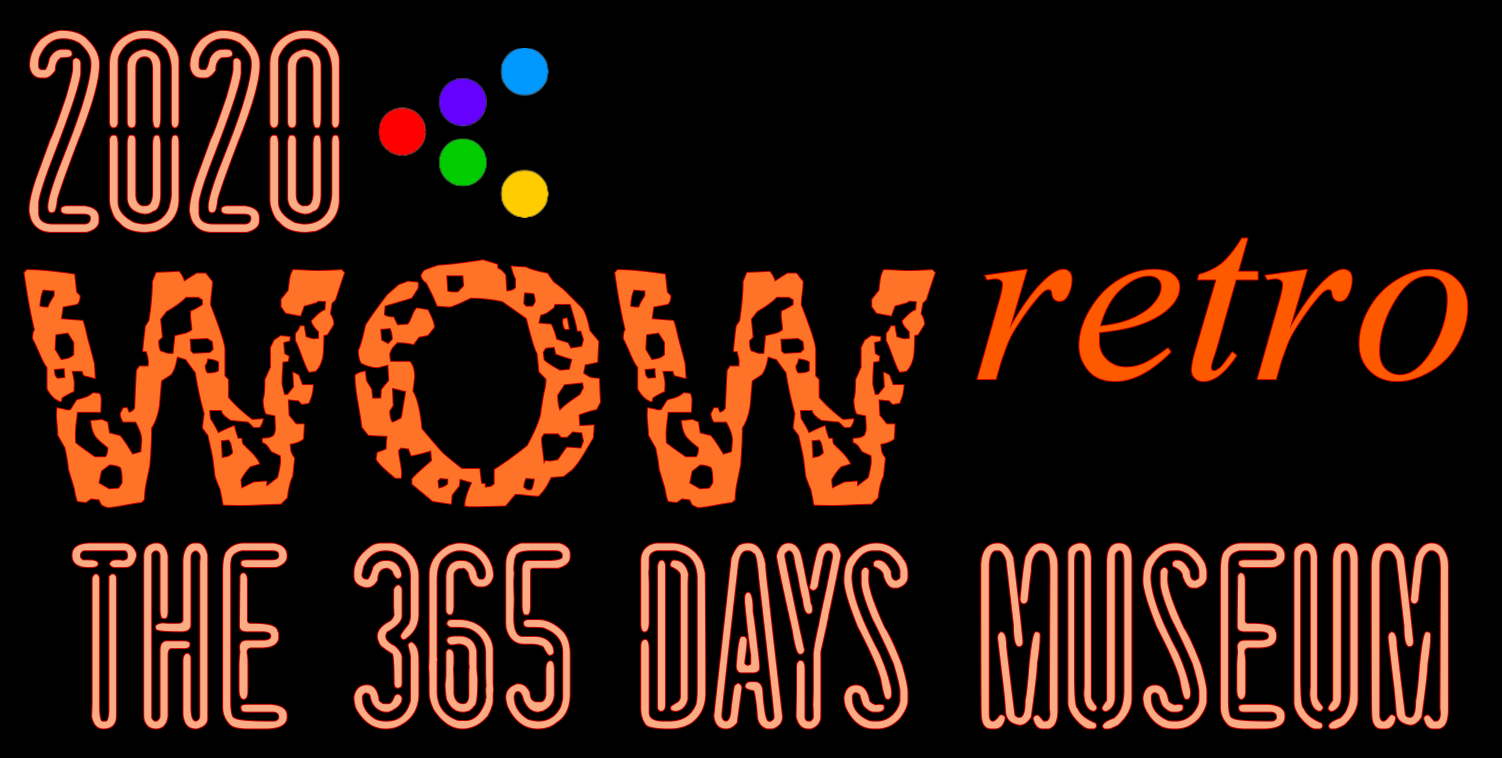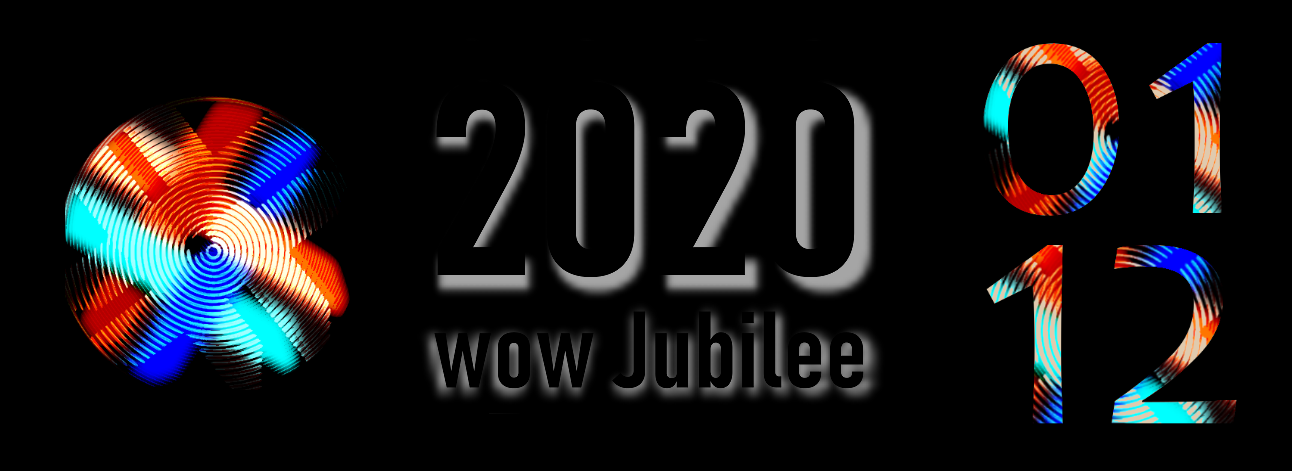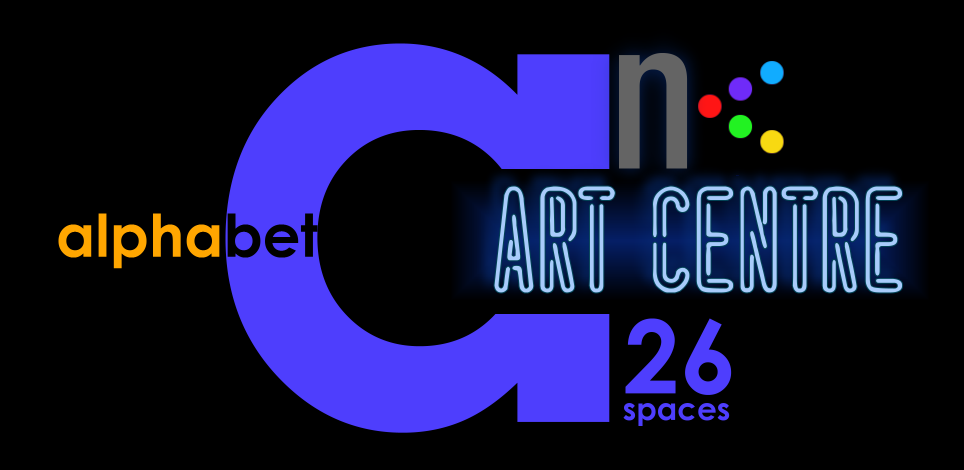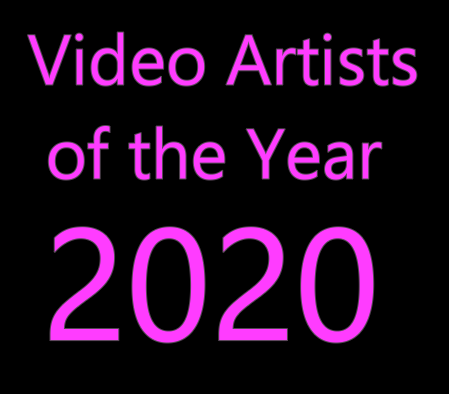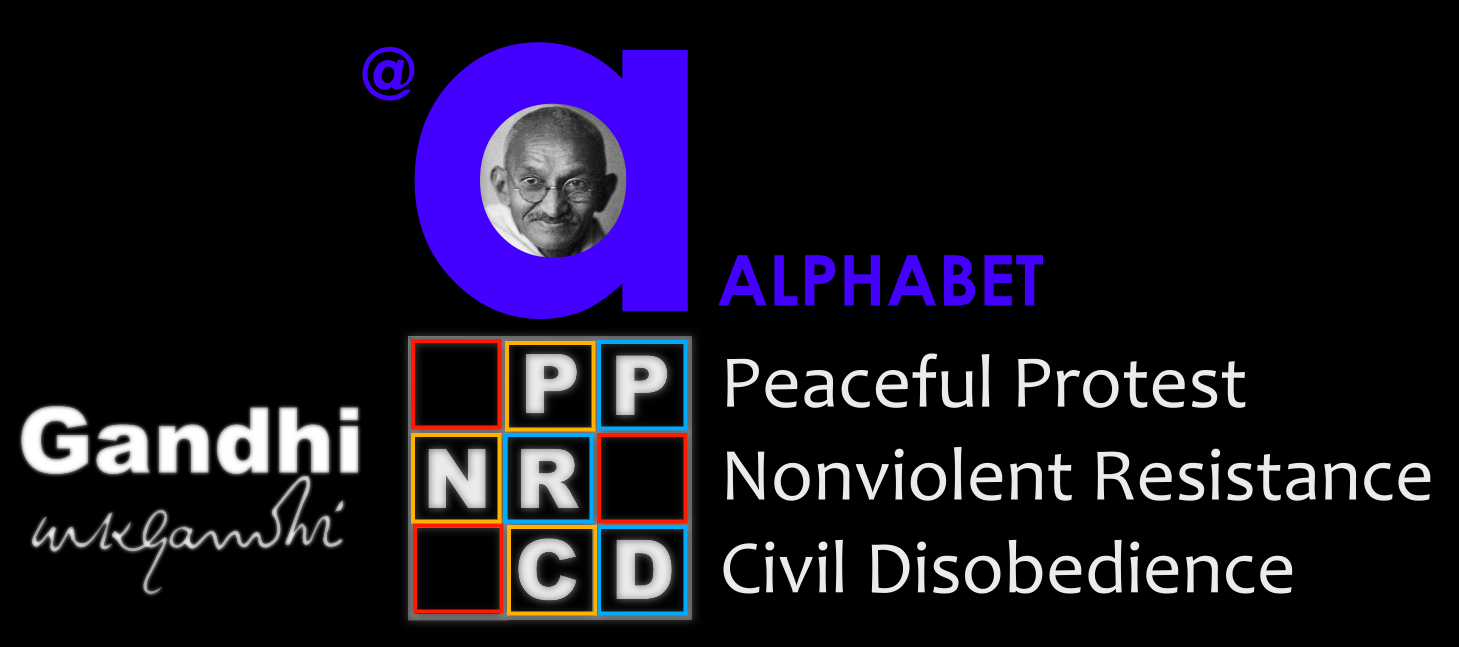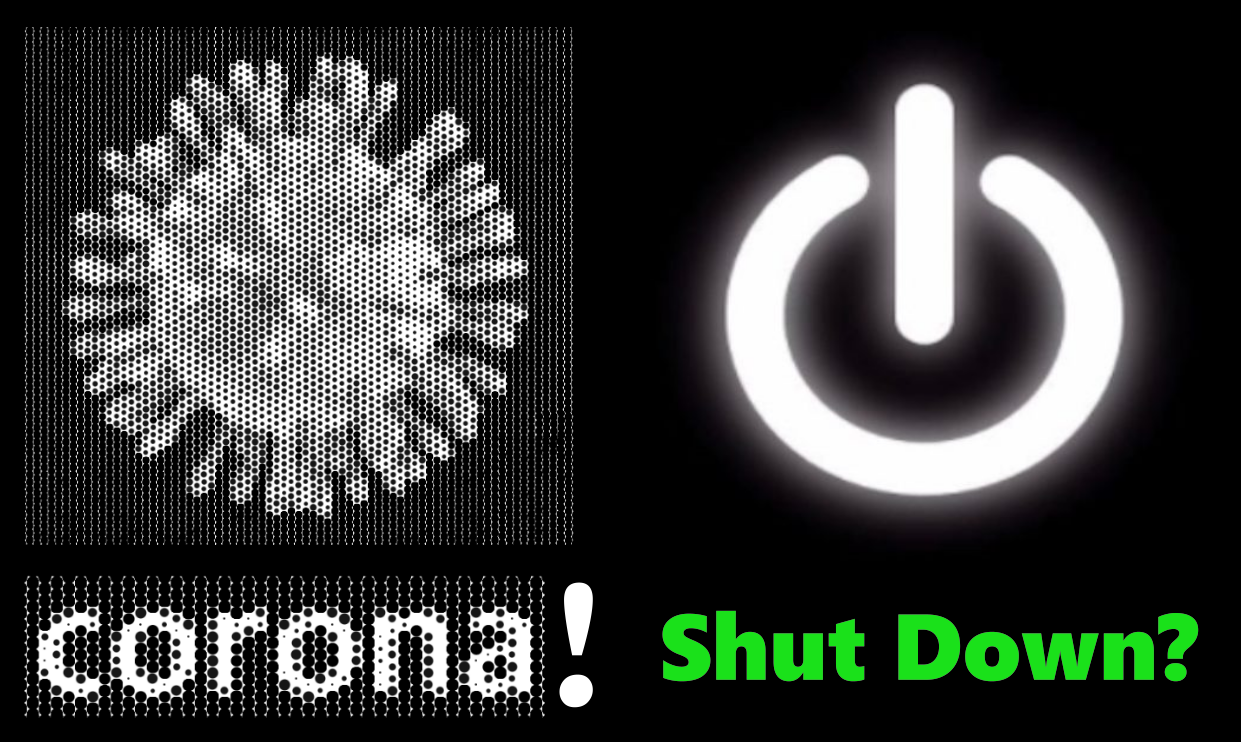video feature
Kolkata /India
4th TENT Little Cinema International Festival
Turin
Digital Clip Festival
Kolkata



WOW.10 / India 4.0
@ 4th TENT Little Cinema International Festival
8-10 December 2017 – Kolkata/India

About Us
TENT, Kolkata, is a non-profit making platform, initiated and managed by Madhuja Mukherjee, and Avik Mukhopadhyay. Since 2012, TENT is fostering an alternative art space in order to facilitate experiments with moving images. At the time when the media scene is intersected by multiple screens, medium, forms and aesthetics; moreover, boundaries between arts and producer-audience, as well as sites of production and exhibition are becoming increasingly fluid, TENT attempts to bridge the gap between theory and practice.
TENT is creating persuasive linkages between art practitioners and researchers through regular screenings, shows, talks, workshops, residencies, and (inter-)national collaborations. It is currently located in a residential area, in a heritage building, in Kolkata. TENT aspires to become a place where artists from disparate fields can come together to expand and redefine the significance of art, cinema and media cultures with regard to its peoples. It is a space for independently produced and innovative works that reinvent practice as praxis.
TENT intends to generate a forceful and perceptible network between various marginalized arts and artists across the globe. In 2014 TENT launched LITTLE CINEMA INTERNATIONAL FESTIVAL for experimental films and new media art. ‘Little Cinema International Festival’ collaborates with Goethe Institut-Max Mueller Bhavan, Kolkata and Studio 21, Kolkata, and with India Foundation for Arts, Bangalore and Film & TV Institute of India, Pune. It has screened films from Berlinale, International Short Film Festival Oberhausen, Kasseler Dok Fest, W:OW Art Film and Video Festival and programmes curated by Difference Screen, UK and Unbound Studio, India and others.
Inspired by Dziga Vertov and his thesis of “Kino-eye”; as well, by borrowing from Robert Bresson, the organisers believe that film is not merely a “reproduction”, but a practice, a process, and a “creation”. Hence, it selects films which question established norms of cinema and explore the medium, and its various forms. Celluloid, video, and now digital formats, facilitate us to look at the world in new ways. “Experimental” and “alternative” films – sometimes reflective, sometimes discursive, and at times dialogues — renew our relationship with history, technology and political action. Moreover, the expression “Little Cinema” does not imply small-budget or short films, or films for the inexperienced, rather, it draws from the long drawn strife over “Little Film”, “Little Magazine” and “Little Theatre” in Bengal, and their intense interconnectivity.
LITTLE CINEMA INTERNATIONAL FESTIVAL brings within our purview of knowledge films, video and art, which flow outside the circuits of dominant and mainstream structures.

A Theatre for Experiments in New Technologies. A Non-profit society. An Art Space. An undertaking proposed by Madhuja Mukherjee and Avik Mukhopadhayay.
“Every artist was first an amateur.” Ralph Waldo Emerson Clearly, with new technologies – like the digital camera, free editing software and quick upload/download options- becoming easily accessible to the people, there are more and more artists who are experimenting with the emergent possibilities. In fact, the ‘digital’ has created new designations for artist, and artists out of iconoclasts. TENT is a new open-space that is calling out to young artists who are willing to take the plunge and expand the existing meaning of art practices. At the time when the scene is intersected with multiple media screens and disparate attempts to extend the boundaries of art, it is perhaps amateur and even the imprudently brave who will produce new import of art. Clearly, the digital turn and the omnipresence of new media in our everyday have transformed the ways in which art may be produced, received, and understood. In this context, TENT located in a three storied heritage building at Deshaprirya Park area in South Kolkata, aspires to become a site where young professionals from disparate fields, including creative writers, performers, music composers, painters (who try-out fresh techniques), video artists, independent film makers, researchers, obsessive collectors, active bloggers, cine-philes, publishers of little magazines, ‘ambitious amateurs’ of all kinds et al, can come together to broaden and redefine the very notion of contemporary art.
Mission: TENT aspires to reconstruct a heritage building into a space that will showcase new, relatively less-known, independent art projects, short films, videos, media installations, works of artist who perform with their own bodies, and other forms of inter-media practices. In time, TENT will have a small professional film/video preview theatre named ‘Little Cinema’ and a large hall for performances, art exhibitions etc.; a café on the terrace aka ‘chai-pani’, and a shop that would sell artifacts, in order to recover the cost of the establishment. ‘Little Cinema’ may also be hired out to mainstream productions to recuperate the expenditure, and make the project viable in the long run. TENT will also offer short-term residencies to artists and researchers who are working on audio-visual material, and will have a digital archive for sounds and images of the city, collected from public resources. In near future, TENT plans to host unofficial film festivals, which will be arranged similar to workshops, leading to publications (limited edition) connected to the theme. As well, TENT will publish graphic essays and stories, and other visual material. Additionally, TENT will especially support artists to present their (incomplete/unfinished) works-in-progress, uncensored films, first projects etc., and use unconventional spaces of house (like the toilet, corridor, stairways etc.) to exhibit their art works.


The W:OW Art Film & Video Festival
@ 4th TENT Little Cinema International Festival – 8-10 December 2017 Kolkata/India
List of videos

Curated by Wilfried Agricola de Cologne
Lauris Kalnins (Latvia) – little black shit wants to communicate, 2012, 2:20
Diego de los Campos Orefice (Uruguay) – Meatman, 2011, 5:12
Yiotis Vrantzas (Greece) – Phone call from Cairo, 2012, 4:55
Yuval Yairi & Zohar Kawaharada (Israel) – Land, 2013, 4:36
Liu Wei (China) – Hopeless Land, 2009, 7:28
Owen Eric Wood (Canada) – Holobomo, 2009, 4:25
Roelof Broekman (The Netherlands) – Metropolis, 2016, 01:51
Junho Oh (South Korea) – My identity by web application, 2010, 1:00
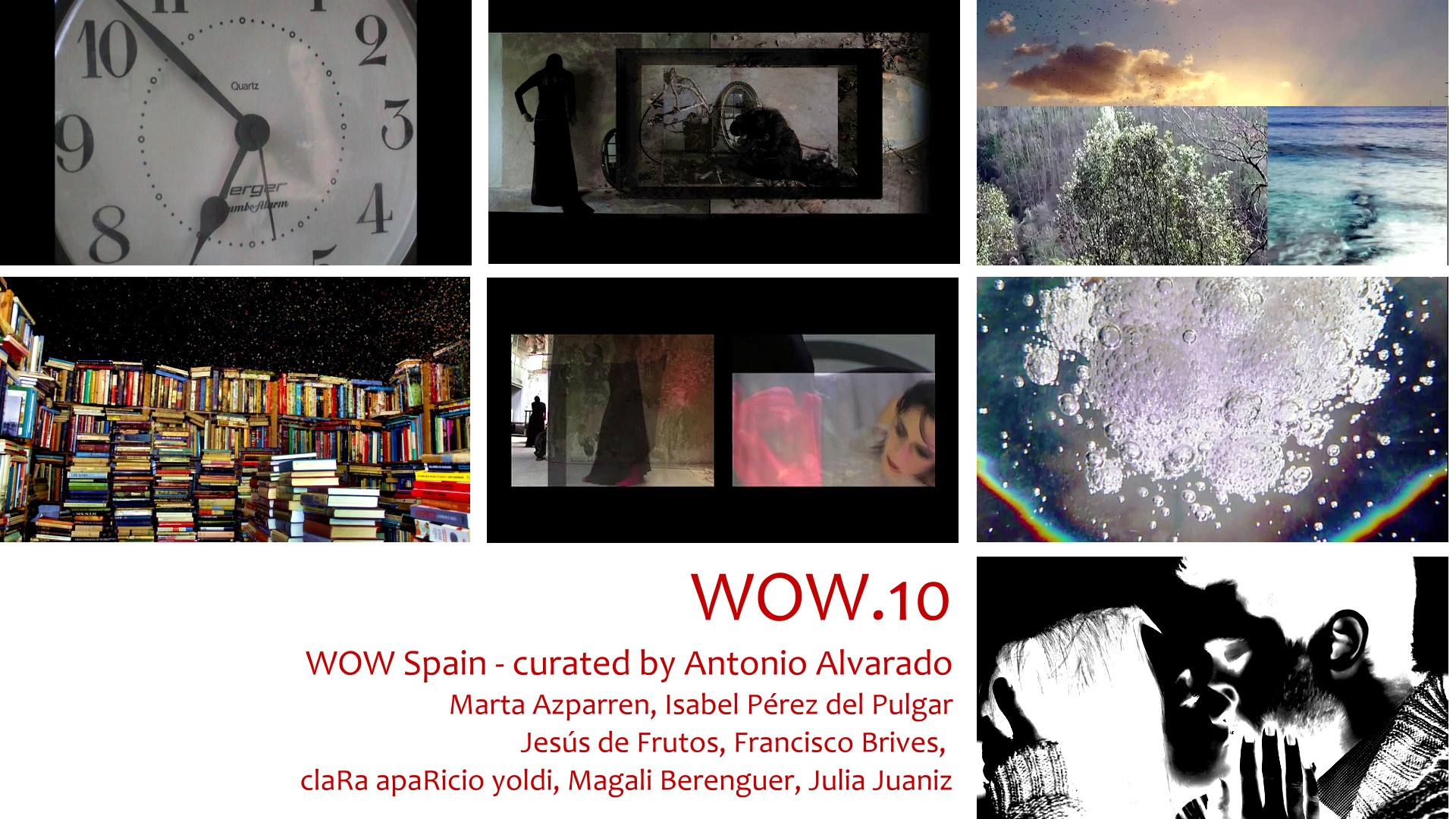
Curated by Antonio Alvarado (Madrid/Spain)
Marta Azparren (Spain) – Peso minuto, 2008, 1′.
Isabel Pérez del Pulgar (Spain) – Opus Nigrum, 2014, 7′ 32”.
Jesús de Frutos (Spain) – Volemos juntos, 2017, 2′.
Francisco Brives (Spain) – Tebras, 2015, 3′ 15”.
claRa apaRicio yoldi (Spain) – Fragmented Memory, 2013, 3′ 04”.
Magali Berenguer (Spain) – Ludmila., 2017. 3′.
Julia Juaniz (Spain) – Besos., 2016., 3′ 21”.



selecting - Ansuman Chakraborty, Madhuja Mukherjee/ Epsita Halder, Utsab Chatterjee, Sudipto Basu, Chandan Biswas, Nilim Bose, Laboni Chatterjee, Bappaditya Das

Details
http://wow.engad.org/madhuja-mukherjee-curator
/
City of Dread – curated by Madhuja Mukherjee (India)
Ansuman Chakraborty (India) – Ismail, 2018, 10.32
Madhuja Mukherjee/ Epsita Halder (India) – RE-TAKE, 2008, 02.33
Utsab Chatterjee (India) – Grain, 2018, 05:58
Sudipto Basu, Chandan Biswas, Nilim Bose, Laboni Chatterjee, Bappaditya Das (India) – Tracts of Dust, 2018, 27:00
The curator
Madhuja Mukherjee
Madhuja Mukherjee studied Literature and Cinema at Jadavpur University, Calcutta, India (1992/1997). She did research-programme in Social Sciences (1997-98), and received her Ph.D degree in 2008. Madhuja has done formative research on Indian film industry, technological transformations, urban spaces and cultures, and on issues of genre, gender and labour..
The works
1.
Sudipto Basu, Chandan Biswas, Nilim Bose, Laboni Chatterjee, Bappaditya Das (India) – Tracts of Dust, 2018, 27 min.
Credits: Ideation: Sudipto Basu and Bappaditya Das / Location Sound: Archisman Mukherjee / Sound Mixing: Bappaditya Mondal / Sound Design and Edit: Bappaditya Das / Location Support: Raja Alam / Produced by: Dept. of Film Studies, Jadavpur University, Kolkata.
‘Rajarhat’ (also known as ‘New Town’), located on the Eastern fringes of Calcutta, was built through several decades by swallowing up marshy land, and thereby threatening an entire eco-system. ‘New Town’ was planned as a smart city to be fitted with a high-end infrastructure and to be occupied by global tech/finance corporations. This would in turn feed a luxury housing market. However, like all smart cities built upon the whims and speculations of global finance, the projected plans fell through, leaving in its place a largely unoccupied township that is caught between two absent futures. The landless peasants who tilled the land for long have been displaced with little compensation: some pushed inwards towards the city, some further out towards the Sundarbans (the mangrove forests).
Artists
Sudipto Basu, Chandan Biswas, Nilim Bose, Laboni Chatterjee, Bappaditya Das, and others
Brought together by the pure contingency of collaborative coursework, the collective that made Tracts of Dust nonetheless united through a shared interest in the almost sci-fi sensory landscape of Rajarhat, a commitment to capture its strong sense of absence and placelessness. We chose the long-take form not only because it would allow this sense to emerge, but because it allowed us to work around individual aesthetic differences through a database-logic of accumulation and permutation (shoot first, arrange later). Tracts had in that sense no author; it is a film that could have been made possibly by anyone at all.
2.
Ansuman Chakraborty (India) – Ismail, 2018, 10.32
Story/ Screenplay/ Visual Design/ Voice: Ansuman Chakraborty / – Edit: Vishal Tripathi, and Utsav Dan / Made on a Project Development Grant awarded by: German Consulate, Kolkata
Music and Song sourced and ‘quoted’ from: ‘Sarabande’ by Joseph Friedrich Haendel, ‘Finlandia’ by Jean Sibelius, ‘Flight of the Bumblebee’ by Nikolai Rimsky-Korsakov, ‘Lehron pe Lehar’ (Film: Chhabili, 1960 Singer: Hemant Kumar)
This is a story of ‘Ismail’, an unemployed, single, aging person, who eventually falls prey to the ever expanding drive of ‘Development’. Ismail is the residue of the contemporary imaginary spaces called ‘Modern City’. Ever since his arrival, and despite his failing health, Ismail kept on shifting from one odd job to another. Finally he obtains a temporary job in a cyber café — situated somewhere at the southern fringe of the city. At the time Ismail secured this job, the nearest Metro station was far away the cafe. Hence, he was allowed to leave early. On his way back home, towards North of Calcutta, he would roam across the city observing things. However, as the Metro lines expanded unto his workplace, his early exit was barred. As Metro Rail extended its routes, so did ‘Capital’ investments. Eventually, the small, make-shift, insignificant cyber cafe became as much futile as various other trades, animals, birds and Ismail. Ismail’s failure to cope with the new order is an inevitable one. Neither he deserves odes that were usually granted to Working Class Heroes nor does he claims any such thing. Only imaginary birds from his reverie arrive to perform his Swan Song. Ismail by no means, is skilled worker/labourer, nor does he put in much effort to be called so. He prefers observing things to his work and re-posits, re-orders and re-mixes them in his imagination in order to create an Almanac: an Almanac about his bonding with the city, his sense of loss and death and history as he witnessed it. This unique film comprising painted frames, and a fervent voice-over done voice-over by the artist, is as much a personal story as it is a political narrative of social change.
Ansuman Chakraborty
completed BFA in Art History from Kala Bhavana, Viswabharati University in 2003 and obtained Diploma in ‘Direction and Screenplay Writing’ from S.R.F.T.I , Kolkata in 2007. He worked in production houses, TV channels situated in Kolkata and Delhi. Wrote screenplays for four Bengali Tele Films and two Bengali Feature Films and kept on making drawings, paintings and graphic novelettes alongside.
3.
Madhuja Mukherjee/ Epsita Halder (India) – RE-TAKE, 2008, 02.33
Direction: Madhuja-Epsita / Cast: Rupsa Sen / Camera: Nupur Mullick / Sound: Avik Mukhopadhyay / Edit: Krishnendu Ghosh / Production: The Media Lab, Jadavpur University, Calcutta
‘Retake’ is a woman’s reclaimation of the city via cinema, and city histories. It explores many passages of cinema, and women’s secret histories as we re-visit the city. It opens in darkness, shadows, glimmer, flicker, amidst tingling noise, and with a face — looking at the city from a distant. Whose city is this? What claims do women have vis-à-vis city spaces, even when historical studies narrate how partition forced middle-class women out of sheltered and cozy households, and reintroduced them in the grimness of workplace? The spectral vehicles slashing her, and she looking — yet not looking, as well, the flight of birds evoke a sense of movement, an impression of joy and a fragmentary feeling of freedom following loss. Does she attain a voice? Can she revel in her newly found pleasures? The lingering gloom on face betrays a self-doubt. How can she return to the new and ever growing, ever-changing city? What risks does she take? Perhaps she moves two steps backward as she takes a step forward. The filmic image is both a means and a process through which such journeys are articulated. ‘Re-take’ is a video-dairy and a scrapbook of the new woman, who embarks on the new path, and recalls stories of women from the past, and those yet to arrive.
Madhuja Mukherjee
is Associate Professor of Film Studies at Jadavpur University, Calcutta. She is engaged in extended practice of cinema, and inventive recreation of archival material. She has done multi-media installations, which reinvent archival material, thereby, hopes to bridge the gap between theory and practice, and archives and art-spaces. Her art-installations have been shown at renowned galleries and international programmes, including ‘International Film Festival Rotterdam’ (2012), ‘Kolkata Arts Festival’ (2017). She presented her projects at the collateral programmes of ‘KochiMuziris biennial’ 2016-17. Madhuja received ‘ArThink South-Asia fellowship’ for arts leadership (2013-14), and was selected for ‘German Federal Goverment’s Vistors’ Programme (2017) to develop her work. Madhuja is the principal initiator of TENT, theatre for experiments in new technologies, Calcutta (independent art platform), and organizes TENT ‘Little Cinema International Festival’ for experimental films and new media art, since 2014.
Epsita Halder
is Assistant Professor, Department of Comparative Literature, Jadavpur University, Calcutta. Her areas of interests are Narratology, Performance Studies, Cultural Studies; and her research project is on Islam in Bengal. She is specifically interested in popular piety, Muslim sonic and visual cultures, and the impact of new media on vernacular Islam of Bengal. She received Charles Wallace Fellowship in 2011, and a grant for Art Research and Documentation from India Foundation for the Arts, Bangalore, in 2011. Epsita is also a profilic writer in Bangla — she is fiction-writer, poet
and an artist. Her book on ‘Fakir uprising in colonial Bengal’, was published in 2002 (by Papyrus, Kolkata). Epsita has also writtern a detective novel (2006) with a teenaged girl – Ayesha – as her protogonist, which was published in serialized form.
4.
Utsab Chatterjee (India) – Grain, 2018, 05:58
Concept, Direction, and Camera: Utsab Chatterjee / Editing & Sound designing: Utsab Chatterjee and Ansuman dey / Performance: Chirasri Roy / Production: Utsab Chatterjee
‘Grain’ is an attempt to disrupt the cluster of dystopia; it is a series of non-sequential visual dialogue that hammers us out of our comfort zones — a demonic and mechanized situation of alienation in the new city. ‘Grain’ deliberately churns out impermanence, an existentialist maneuver as it were. ‘Grain’ — the primary locus of rupture isn’t just a term; it travels through the unpredictability of our reality, like the sweat of the earth, or the rhythmic stride of the heartbeat as well as the friction between nonchalant lack of a plot and the patterns of a rational discourse. Arresting a stream of thought, within an asymmetrical network of images, ‘Grain’ is without foreplay or climax, or consummation of any acceptable mode. Indeed, the attempt to relate would be a dreadful manifestation of cozy amnesia. What goes on in the GRAIN merely follows Artaud’s prescription for a spectacle which will eliminate the stage, that is, the distance between spectators and performers, and “will physically envelop the spectator”. Thus, its neither a spectacle nor memetic; GRAIN is perhaps a movement through the city.
Utsab Chatterjee
Utsab is a visual artist, formally trained as a painter, but through times he developed or equipped himself with the knowledge of the audio-visual medium. He has been engaged in the practice of video art as an extension of his painterly concerns, around urban and existentialist interpretation. His interest towards the medium grew as he note different geographical paranorm vis-à-vis a neo-rural scenario during his Masters in Kalabhavan, Santiniketan (2011-2013). In this respect, Utsab has been reengaging with the tools of avant-garde practices like Fluxus and transmedia processes to explore the relationship of residue, loss, absence as a situational experience in a futuristic interpretation of contemporary urban existence.

Torino


Video Dialoghi 2006

Never wake up – 2001 – Flash film – online/CDR
movie created by media artist Agricola de Cologne.
It is based on the artist’s poem of the same name.

Subject:
Loss of identity: Soldiers become distorted, veterans of war are not able
to be reintegrated in society.
The poem/movie uses some fundamental images:
The soldier= metaphor for the human individual
War=metaphor for life, respectively the fights of all day life
Veteran of War=the human being who can not rid of the Shadows of the Past.
The work is developed according the principle of SAMAC
(Simultaneous Associative Media Art Composing) which describes Agricola’s individual way of experimental electronic writing: words, sound, images, animation, music and voice performance are developed simultaneously –depending on each other – in one long single process.
Voice and sound performance by Agricola de Cologne.
The movie is directed and produced by Agricola de Cologne in 2001.

*Digitalclip Festival – GAM – Galleria Civica d’Arte Moderna e Contemporanea Torino (Italy) 2002
video based on a poetic text by Agricola de Cologne inspired by the Central Station of Milan
*Torino Digital Clip Festival (Italy) – 2001

Film created by media artist Agricola de Cologne, based on the artist’s poem and voice performance of the same name created and executed in 2001.
The work combines DaDa like poetic texts, vector grafics and musical components created by the artist himself.
developed according the principle of SAMAC
(Simultaneous Associative Media Art Composing) which describes Agricola’s individual way of experimental electronic writing: words, sound, images, animation, music and voice performance are developed simultaneously –depending on each other – in one long single process.
Voice and sound performance by Agricola de Cologne.

Video Dialoghi 2006 French Cultural Institute Torino/Italy –
curated by Willy Darko, Lorena Tadorni – 13-16 December 2006


Wilfried Agricola de Cologne – Truth-Paradise Found, 2004, 3:00
The video tells the story of the human desire to be as close to truth as possible. But who ever will succeed while living a life dominated by the fast running time and endless searching?
If there is any paradise, then monks or people really resting within themselves find a paradise close to truth close to GOD. But it is only truth people are believing in. Is there absolute truth?
The video consists of three sections, a spiritual and a physical section and the acting level, the artist who is filming the scene, an intruder who become witness of a ritual of truth.
This basic video was filmed in 2003 at the Rila Monastery, the spiritual centre of Bulgaria.







